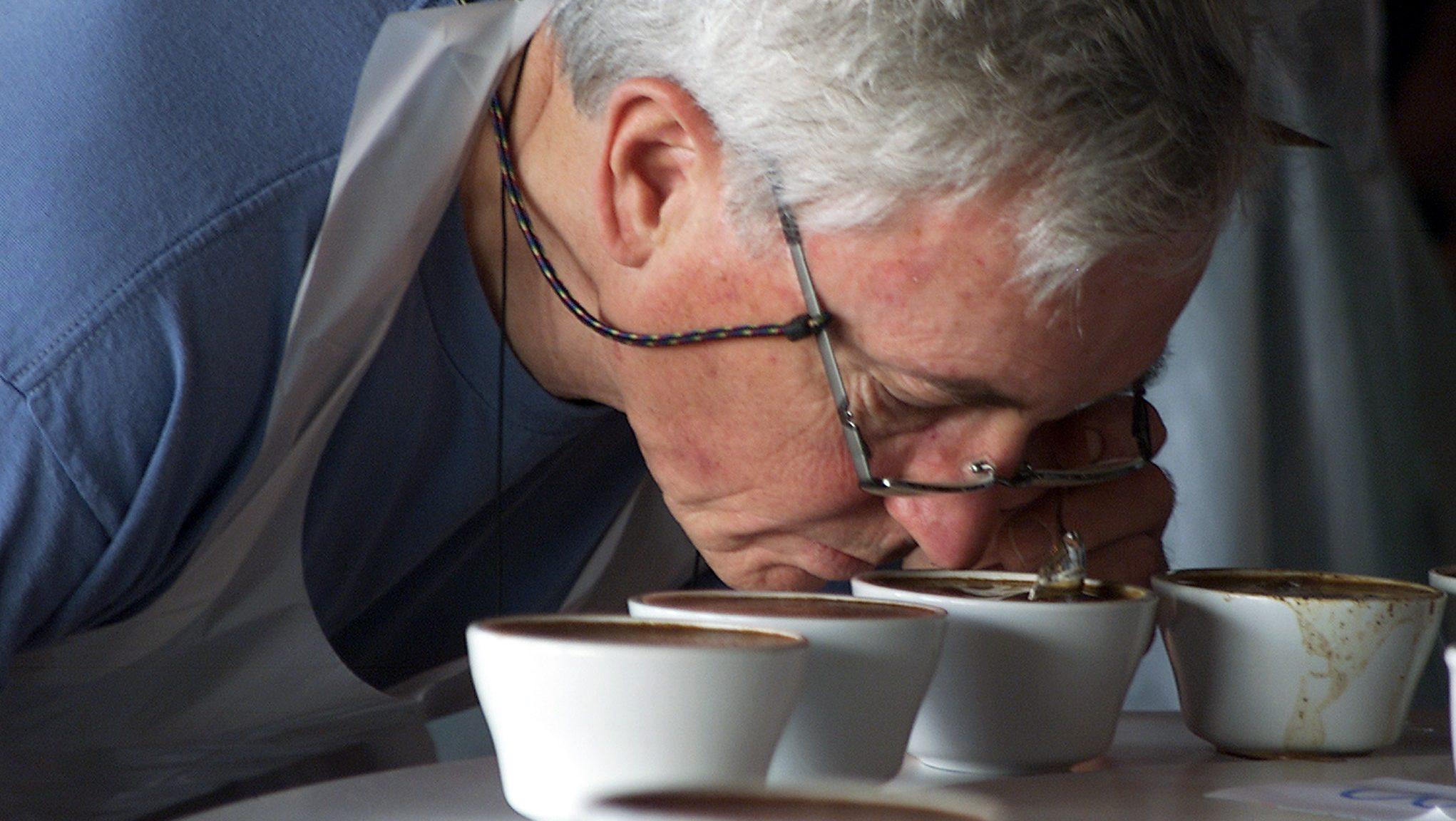Smell affects the quality of our lives in profound ways. Apart from known benefits like alerting us to danger or improving our appetites, paying attention to odors, it seems, also can bolster our creativity. Converts say developing our olfaction can make us think differently and even speak and write more vividly.
A new virtual workshop called “Scentsplorations” seeks to make these benefits tangible for businesses. Framed as a wellness and team-building activity, the hour-long session is conducted by Olivia Jezler, a scent researcher who runs the Instagram account Future of Smell. Jezler says she conceived of the workshop as a kind of tonic for the slate of problems Covid-19 has brought to remote teams.
“People have struggled to work due to the anxiety brought by Covid-19 and other recent world events. Studies have demonstrated the ability of scents to reduce anxiety, enhance alertness, and elevate moods,” she explains. “Creative activities also have been known to flood our brains with dopamine and increase motivation.”
Undiscovered country
Using everyday objects like books and fresh laundry, she guides a group through a series of “cross-sensory exercises” designed to get people talking. Smelling objects have a way of opening up people to speak candidly about their emotions or even share memories from their childhood, she observed. And because our vocabulary for describing smell is so limited, participants tend to use more evocative, sometimes more honest, language instead of lapsing into business-like jargon.
Mark DiMassimo, founder and creative chief of the New York-based ad agency DiMassimo Goldstein, took Jezler’s workshop and attests to the power of delving into our most neglected sense. “Not only was the experience really grounding and relaxing, it was pretty shocking how quickly the exercises really fired up the imagination,” he says.
How smell training can lead to better brainstorming
Indeed, the workshop has added a new dimension to the agency’s brainstorming sessions, says DiMassimo. “We all committed to not just think in words and pictures, but to try to think about other senses.” For branding exercises, he says, they try to define what a particular entity might smell like vis-a-vis its competitors.
DiMassimo says that thinking in terms of smell can improve writing too. “It helps even if you’re writing for the eye or the ear,” he asserts. For instance, DiMassimo now describes “being strategic” as operating like “a sharp knife cutting through through a cold lemon”. “It’s just a departure from how most business conversations happen, and different is really important,” he notes. “It definitely engages people in a more vivid way.”
DiMassimo describes the olfactory domain as a “blue ocean” where businesses can operate with relatively little competition. “For communicators, brand builders, creative people, artists, and entrepreneurial founders, this is a massive opportunity to extend to a whole new realm,” he says. “Talk about a place where everyone else is not already applying and competing. Well, that’s the nose.”
Source: The link between our sense of smell and creativity — Quartz at Work













